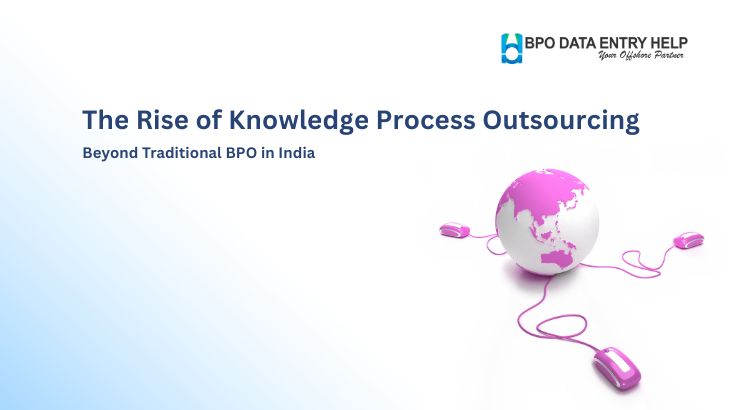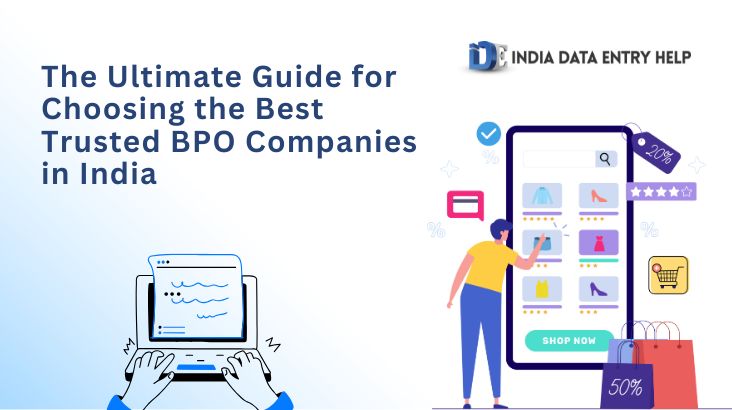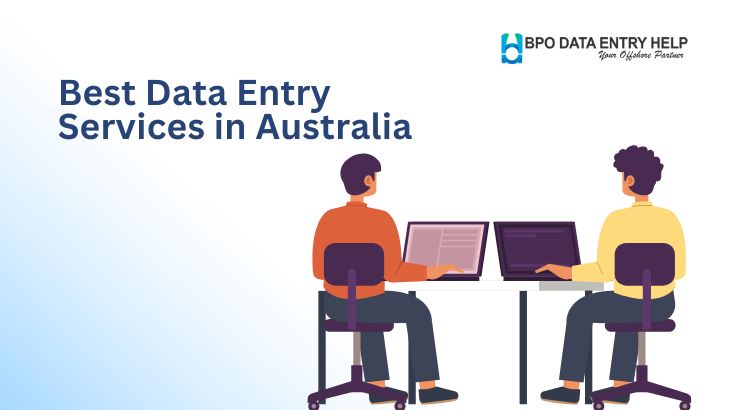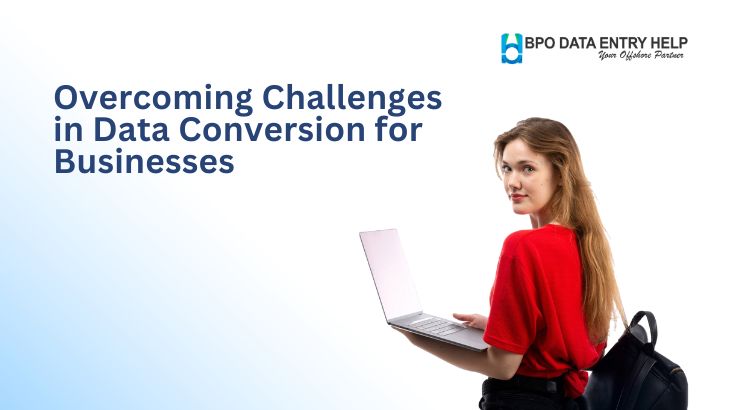In-house Vs Outsourced Form Processing Services
September 21, 2017
The question of whether to outsource form processing services operations or keep the process in-house is one that weighs heavily on many organizations. The right answer differs based on a multitude of factors: the age of the business, size of local labor market, and state of practice finances, among other considerations. In the preliminary stages of the decision-making process, you’ll need to take a generalized look at what most organizations consider to be the major advantages and disadvantages that the in-house and seeking outsourced BPO data entry help options each present.
 Industries such as insurance groups, medical organizations, marketing research bodies and various survey programs require bulk form processing. This calls for massive labor requirement which is usually an expensive affair. This type of poorly managed system leads to erroneous data that may sometimes be even lost. This is where the need for the top form processing company which is professionally managed ropes in.
Industries such as insurance groups, medical organizations, marketing research bodies and various survey programs require bulk form processing. This calls for massive labor requirement which is usually an expensive affair. This type of poorly managed system leads to erroneous data that may sometimes be even lost. This is where the need for the top form processing company which is professionally managed ropes in.
 Industries such as insurance groups, medical organizations, marketing research bodies and various survey programs require bulk form processing. This calls for massive labor requirement which is usually an expensive affair. This type of poorly managed system leads to erroneous data that may sometimes be even lost. This is where the need for the top form processing company which is professionally managed ropes in.
Industries such as insurance groups, medical organizations, marketing research bodies and various survey programs require bulk form processing. This calls for massive labor requirement which is usually an expensive affair. This type of poorly managed system leads to erroneous data that may sometimes be even lost. This is where the need for the top form processing company which is professionally managed ropes in.
In-House form processing services
Setting up in-house form processing services can be beneficial and challenging at the same time. Here are some pros and cons to consider: Pros Retaining Control – Especially when trusted, long-term employees are executing form processing services administrators appreciate having hands-on control of financial operations through in-house billing. Return on Investment – Once a practice has invested in training in-house employees the technology moving to outsourced solution means losing lots of time and money spent. When there’s a valid infrastructure, its worth to just refine existing processes to generate the best ROI. Close Proximity – Close proximity is possible, since all it takes to observe the billing process and address any problems is a walk across the office floor. Cons Higher Costs – It’s generally accepted that the expenses of salaries, covering employee benefits, and purchasing technology systems add up to more than is commonly paid out to a third-party solution. Support Issues – If your department consists of only two or three staffers, your operations – and cash flow – can be majorly stalled when even just one employee falls sick, goes for vacation or quits altogether. Outsourced Medical Billing The other popular option to manage form processing is to outsource form processing services to competent outsourcing vendors. Pros Less Expensive – Especially if you’re starting up a new business or transitioning because of an employee’s resignation, outsourcing makes the most financial sense. Transparency – A company should be able to supply you with comprehensive performance reports automatically or upon request. This capability grants you unparalleled visibility into your operations without requiring you to micromanage – or even oversee – any staffers. Enhanced Consistency – Outsourcing obliges to perform certain services, such as appealing denials, for you with a certain level of success. Plus, you never have to worry about staffing, since it’s their job to support your needs year-round. Bulk form processing services are best outsourced to improve the quality of services by enhancing consistency. Cons Variable Cost: Most companies charge a percentage of collections, so the more you bring in, the more you’ll pay out. This can make it hard to budget your expenses, since costs differ widely between slow and busy months. Hidden Fees: Read any outsourcing contract very carefully. Are there startup charges? Fees for things like printing statements or sending reports? What happens if you cancel your membership? Make sure the money you save by outsourcing isn’t offset by a multitude of “fine-print” charges. Considering the cons of setting up in-house forms processing team and the pros of outsourcing the same, the better and more efficient option is to outsource the same. When you outsource, the data is handled by skilled and experienced professionals who organize, plan and form a strategy to manage it well.Recent Post


What are the Advantages of the BPO Industry?
March 13, 2025



Overcoming Challenges in Data Conversion for Businesses
February 18, 2025
